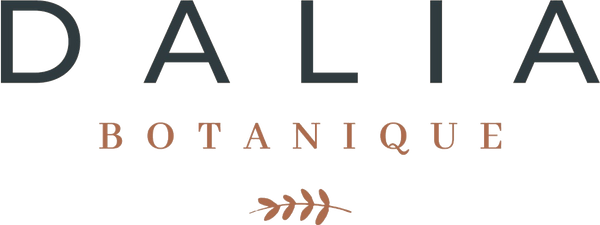Beef tallow—rendered fat from cows—has been gaining attention in skincare circles lately, especially among those looking for “ancestral” or “natural” remedies. But while some claim it mimics our skin’s natural oils, there are important ethical, environmental, and skin-health reasons to reconsider putting animal fat on your face.
Below, we unpack the truth about beef tallow and explore whether it's really the miracle ingredient it’s made out to be—or if you’re better off with gentler alternatives.
Is Beef Tallow Good for Dry Skin?
At first glance, beef tallow may seem like a good option for dry skin. It contains fatty acids like stearic acid and oleic acid, which are also found in our skin’s natural barrier. These can help lock in moisture and reduce water loss.
However, the story isn’t so simple. While tallow may offer temporary relief for dryness, it doesn’t contain the wide range of vitamins, antioxidants, or soothing plant compounds your skin needs for true long-term hydration and repair. Plus, it's a very occlusive ingredient—meaning it forms a barrier over the skin, which can trap dirt and bacteria and cause spots..
For anyone who spends time outdoors, has sensitive skin, or is navigating perimenopausal dryness, there are more nourishing and sustainable options than rubbing animal fat on your face.
Should I Use Beef Tallow on My Face if I Have Acne?
Beef tallow is not ideal for acne-prone skin. While it’s touted as being “non-comedogenic” (won’t clog pores), this varies significantly depending on your individual skin type and how the tallow is processed. If it's not purified properly, it can carry bacteria or impurities that aggravate breakouts.
Using it on acne-prone or oily skin may actually create a heavier environment for clogged pores and inflammation, which is exactly what you're trying to avoid.
What Are Natural Alternatives to Beef Tallow?
If you're looking for deep hydration and barrier support without the ethical and potential skin-health downsides, plant-based skincare is a better fit.
Butters such as Shea and Cocoa Butter and oils such as squalane are rich in essential fatty acids, antioxidants, and vitamins that nourish and protect the skin. Light oils such as Jojoba, Poppy Seed, Rosehip, Calendula and Grapeseed are far healthier for acne-prone skin.
A beautiful example of this is the Hydra Renew Moisturiser from Dalia Botanique. It’s packed with soothing, hydrating ingredients like niacinamide, snow mushroom extract, and beta-glucans—all derived from plants and mushrooms, not animals. It delivers long-lasting hydration and helps repair the skin barrier, making it perfect for dry, weather-worn, or perimenopausal skin. Alternatively, try a moisturising and Natural Body Oil with Squalane for dry skin.
The Bottom Line
While beef tallow might have some surface-level benefits, it’s not a one-size-fits-all miracle—and it comes with ethical and environmental baggage. Whether you care about your skin, the planet, or both, there are better, more nourishing alternatives that align with your values and your skin’s needs.
Skip the animal fat. Choose skincare that’s kinder to your face and the earth.
Discover the transformative power of our natural skincare products.
At Dalia Botanique, I am committed to creating products that nourish and protect your skin, no matter your lifestyle.
Whether you’re a busy professional, an outdoor enthusiast, or simply someone who wants to look after their skin, we have something for you.
Want to stay up-to-date with the latest skincare tips, get 15% off your first order and hear about our product launches, and behind-the-scenes insights?
Follow us on Instagram or Facebook or sign up for our newsletter to join our community of skincare enthusiasts.







